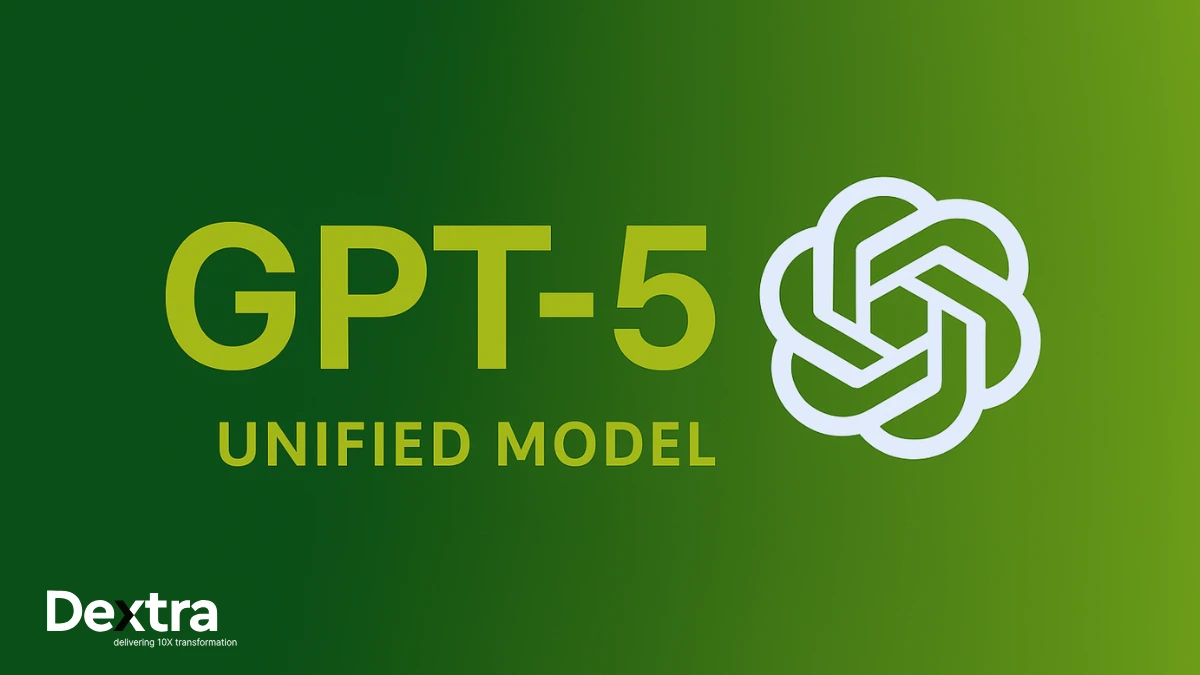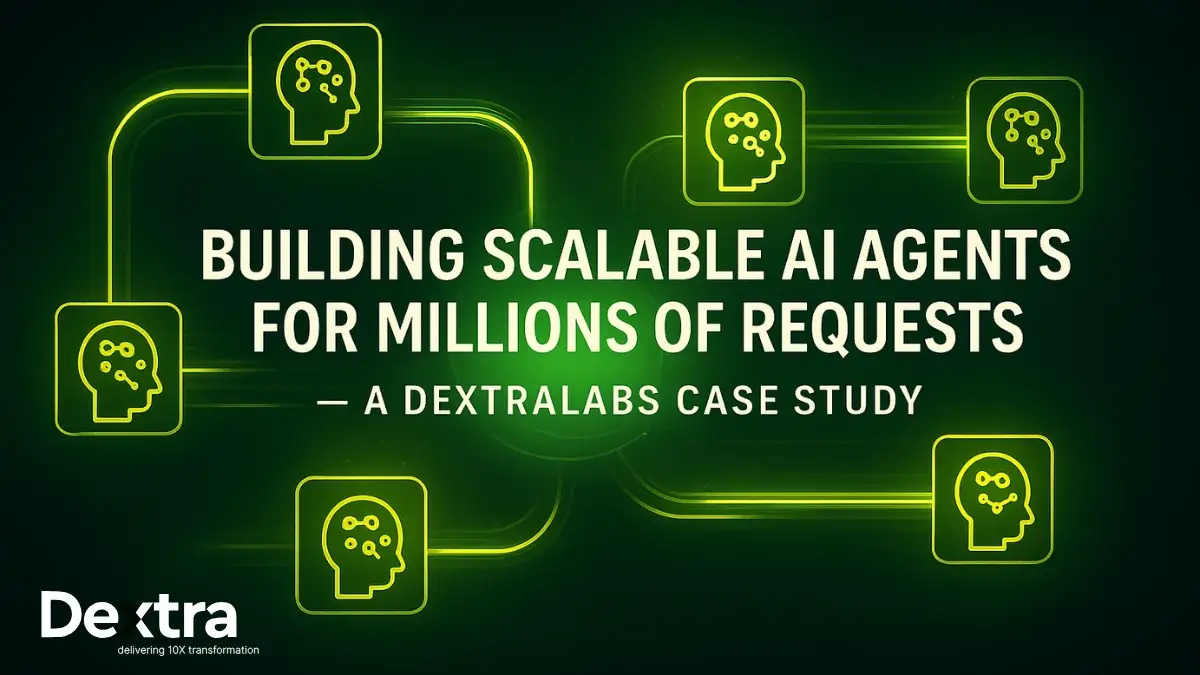Challenge:
A healthcare technology company in Texas was looking to improve efficiency in clinical documentation and patient support tools. Doctors and medical staff spent hours each week drafting and reviewing patient notes, which reduced the time available for direct patient care. However, due to HIPAA regulations and strict privacy requirements, the company could not rely on cloud-based AI tools. They needed a secure, on-premise AI deployment that could integrate seamlessly with their existing hospital IT infrastructure while ensuring full compliance.
Dextralabs’ Approach:
Dextralabs proposed an on-premise GPT deployment to allow all processing to happen inside the client’s secure data centers. This approach ensured full control over sensitive patient data while still enabling the flexibility of modern AI-driven solutions.
Implementation Steps:
- Infrastructure Setup
A high-performance computing environment was built using GPU clusters with Kubernetes orchestration, enabling elastic scaling to handle varying workloads. - Model Deployment & Fine-Tuning
A GPT-based model was fine-tuned on anonymized electronic health records (EHRs), clinical notes, and medical terminology, ensuring the system produced accurate and context-aware outputs. - Systems Integration
APIs were developed to connect the solution with Epic and Cerner EHR systems, allowing automatic generation of summaries, transcription of voice notes, and streamlined retrieval of patient histories. - Compliance & Security
The architecture included end-to-end encryption, role-based access control (RBAC), and detailed audit logs to meet HIPAA requirements. The system was tested extensively for security resilience before rollout. - Training & Adoption
Dextralabs provided workshops and hands-on training for clinicians and IT staff, ensuring smooth adoption and minimal disruption to workflows.
Outcome & ROI:
- Clinicians reported a 30–40% reduction in time spent on documentation, freeing up several hours each week.
- For a team of 40–50 clinicians, this translated to hundreds of hours reclaimed monthly, equivalent to USD 100,000–140,000 in annual efficiency gains.
- Outsourcing costs for transcription services dropped by roughly USD 60,000–70,000 per year.
- Doctors were able to dedicate 15–20% more time to patient interaction, directly improving patient experience and satisfaction scores.
- The on-premise deployment gave the company a HIPAA-compliant AI infrastructure that could scale to future use cases such as clinical decision support and predictive analytics.



